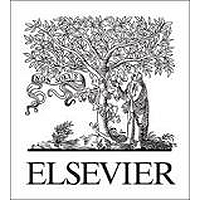The investigation of the hydration behavior of cementitious material with sea water has drawn a great attention for several decades since the dissolved Cl- ions in sea water may significantly affect the micro scale reactions. And the evolution of micro scale reaction of fresh cementitious material will determine the later performance of the hydration products and structures. In the past, thermal analysis and image amplification equipment were normally used to reveal the changes of microstructure of cementitious materials indirectly and a directly respectively. The major drawback of these methods is that temperature is a kind of coarse experimental parameter susceptible to environmental impact so that is not able to sensitively detect tiny variation of microstructure. Also, image amplification equipment, i.e. SEM, TEM and optical microscopes could only capture instantaneous images which are insufficient to describe the continuous processes. Therefore, in this study, an attempt was made to take advantage of a non-contact monitoring method which is good at both continuously detecting the hydration process of cementitious materials and investigating the microscale chemical and physical variations of liquid phase at the micro scale, i.e., the conductive material. It is found that the replacement of regular mixing water with seawater will evidently change the early stage hydration behavior of cementitious materials. And the seawater is found to take part in the microstructural development of cementitious materials, which can change the hydration rate and hydration degree of the cement-based'material structure and its electrical conductivity after deceleration of hardening. (C) 2018 Elsevier Ltd. All rights reserved.

Interpretation on the influence of chloride ion on early hydration evolution for cementitious materials by a non-contact monitoring method
Review badges
2 pre-pub reviews
0 post-pub reviews
